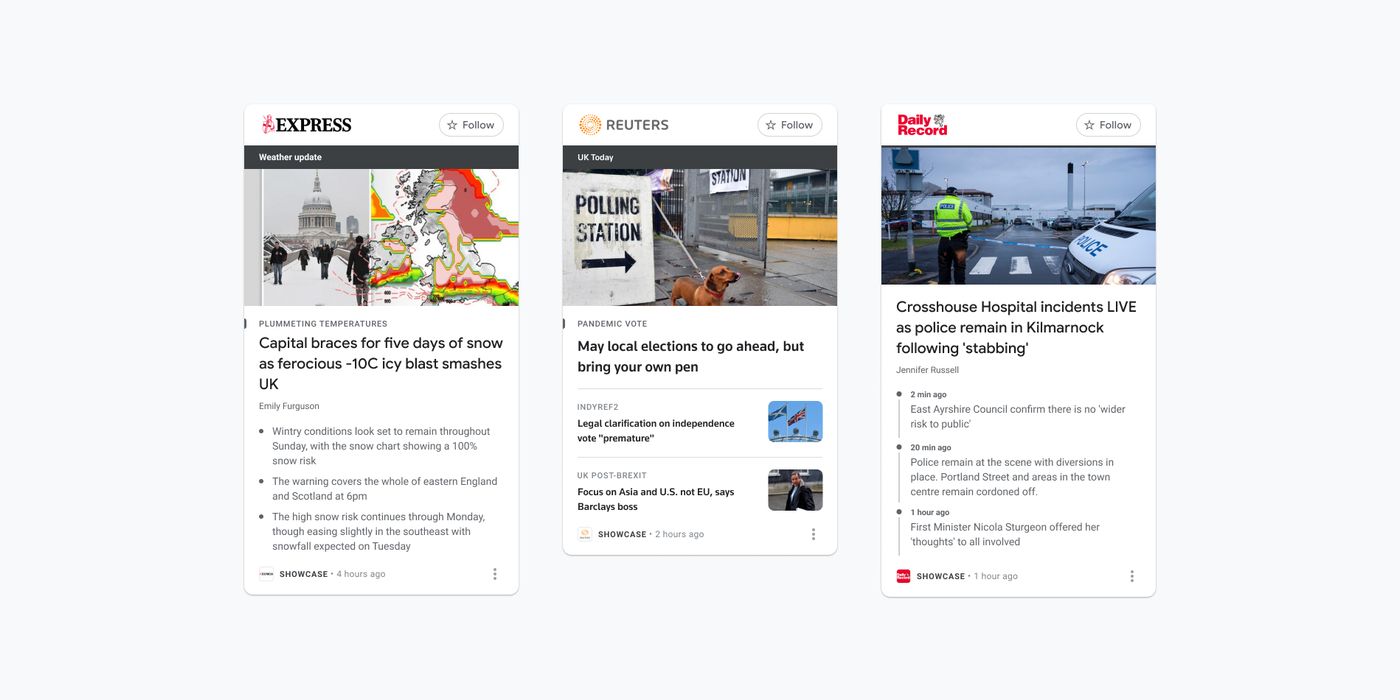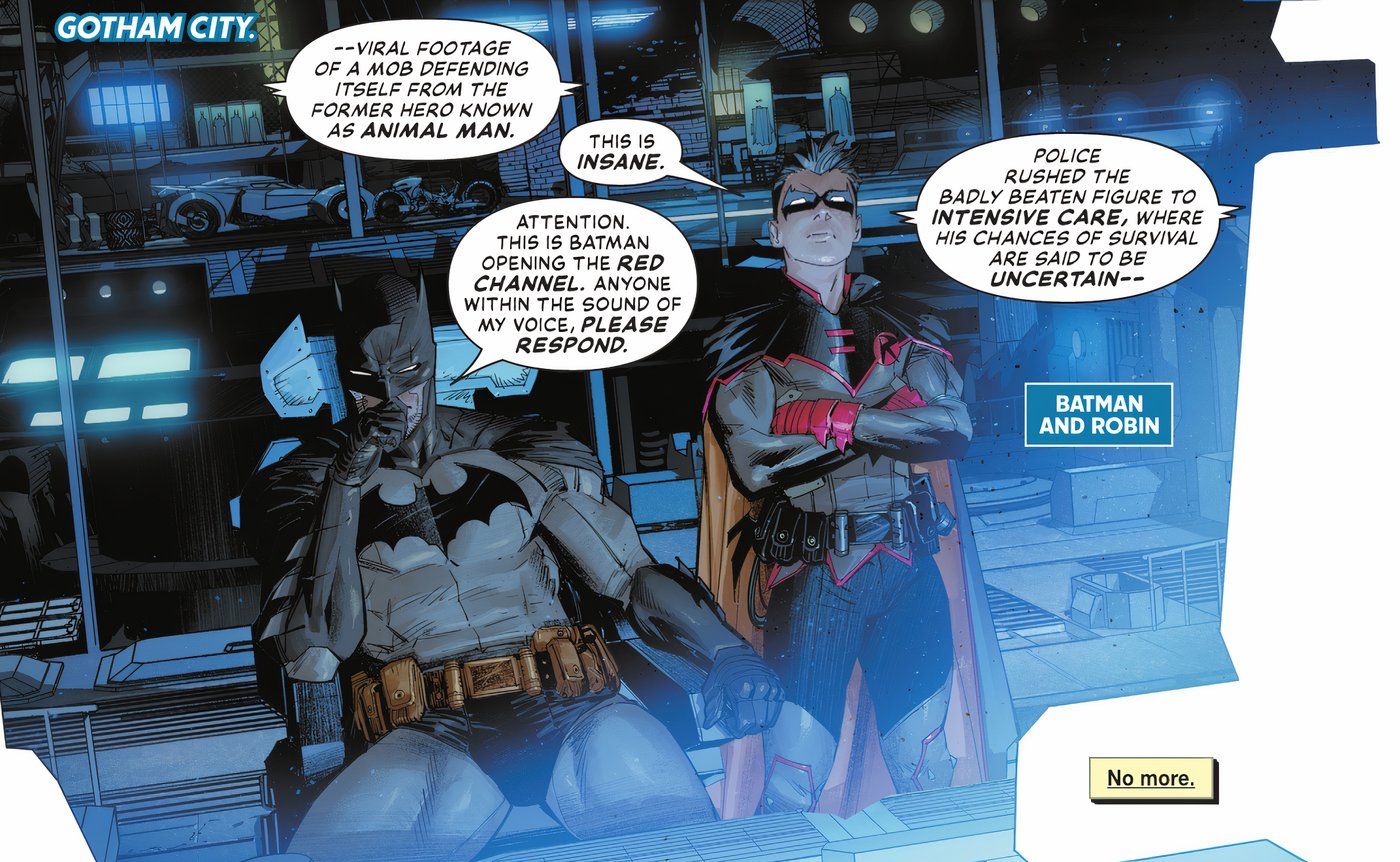A proposed law in Australia has erupted in controversy, pitting Facebook against the country’s government as well as its own users in the region. Conceived by the government as a means to balance the scales between journalistic enterprises and digital platforms, the News Media Bargaining Code mandates that social media companies pay news organizations for the use of their content. This battle continues the war between old-guard media and digital platforms, as consumers and governments wrestle with the transition of power from anchorman to influencer.
The rationale for the Code was simple. News outfits profit off of their ability to develop and distribute content. Social media sites like Facebook and search engines like Google also profit from this content, as it increases user engagement. However, the big tech players share little of the cost burden involved in producing this material, while reaping many of the benefits of a traditional distributor.
When it seemed likely the law would pass, Facebook called the country’s bluff, cutting off the news supply for all of its platform’s users Down Under. Beginning on Thursday, anyone in Australia who logged onto Facebook would see their page stripped of news content. According to Facebook, the deal posed by the News Media Bargaining Code is unfair, as the profit it receives from its users’ engagement with outbound articles wouldn’t cover the price to host this content under the new law. Pushing this argument even further, Facebook’s Managing Director of Australia & New Zealand William Easton claims that the status quo benefits traditional news outlets more than it does the Silicon Valley titan. “Last year Facebook generated approximately 5.1 billion free referrals to Australian publishers worth an estimated AU$407 million,” Easton noted in a recent press release. “For Facebook, the business gain from news is minimal. News makes up less than 4% of the content people see in their News Feed.”
Google Reacts & The Standoff Begins

Google has taken a less confrontational approach to the legislation. Though it initially threatened to pull search capabilities out of Australia last month, the company is now at the bargaining table, reportedly penning deals with News Corp. and Nine Entertainment. This arguably exemplifies the greater importance of news to Google’s business than Facebook’s, with Google also currently investing to the tune of $1 billion in its News Showcase project. Its compromise also squares with the historical precedent of companies working at the foot of government and not vice versa.
Facebook’s actions, on the other hand, reflect this century’s closer contest between corporate powers and government. Australia and Facebook are now locked in a standoff, with neither showing signs of backing down. Members of Australia’s government and press have rebuked Facebook’s removal of news outlets from the region’s platform. According to Communications Minister Paul Fletcher, Facebook’s reaction to the proposed law is short-sighted. The social media company has already come under fire for spreading misinformation, Fletcher claims in The Sydney Morning Herald, asserting that the absence of traditional news sources will create a gap for even more dubious voices to fill. “They are effectively saying to Australians if you’re looking for reliable news Facebook is not the place to look for it,” Fletcher argues.
This deadlock between big tech and big government is raising questions about the jurisdiction of both, with the implications being that, if Facebook wins this battle, it may institute bans in countries attempting similar measures. Microsoft President Brad Smith has already argued that other countries take up the fight, citing big tech’s potential dangers to democracy in an impassioned post on the company blog. For now, caught in the middle of this dispute are the users. On social media, the Australian public’s reaction to Facebook’s ban of news sites has been one of shock and anger, with many journalists and personalities reinforcing the idea that a global pandemic is the wrong time to turn off crucial news because of a struggle over the bottom line. With public opinion seeming to favor government and traditional news media, it’s possible that Facebook has overplayed its hand with this aggressive approach. However, whether the tech giant will fold remains to be seen.





